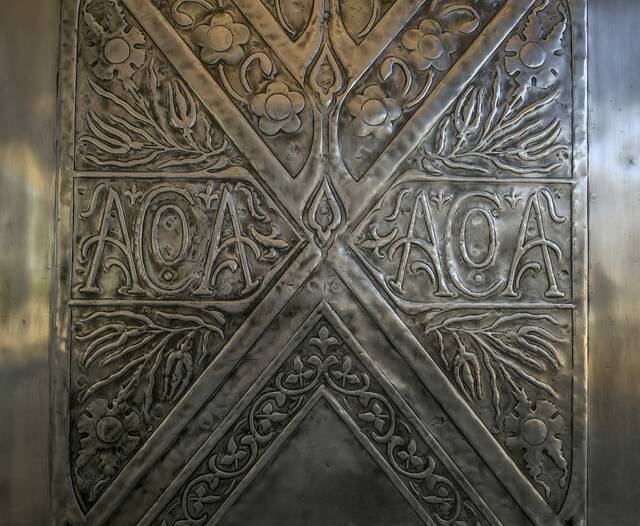The Pennsylvania Interscholastic Athletic Association is not a simple, powerless recreation organization. It is more than a club. To pretend otherwise seems like it should demand a flag on the play from an impartial referee of some kind.
The call might be termed “offsides.” The specifics of being offsides vary from sport to sport, but the gist is playing the game from the wrong spot on the field. Specifically, it often comes down to crossing a line.
That seems about right.
The PIAA is the sports oversight organization that calls the shots when it comes to competitive athletics for middle schools, junior high schools and high schools in Pennsylvania. It covers 12 geographic districts. Big schools and small ones. Public schools. Private schools. Parochial schools.
In short, much like how your child can’t be educated — even at home — without playing by the Department of Education’s rules, your kid can’t play interscholastic sports without following the PIAA playbook.
But the PIAA doesn’t want to be subject to the state’s Right-to-Know Law. Executive Director Robert Lombardi called some of the requests that have cropped up in recent years “frivolous” and “obscene.” The PIAA’s lawyer, Alan R. Boynton Jr., said they were broad and overbearing.
That could be true. It also doesn’t matter. If a record is allowed to be opened, it should be opened. The criteria for open records isn’t whether the information is hard to assemble. It’s whether the organization is subject to the Right-to-Know Law.
And the PIAA was included in that law when it was passed almost 12 years ago. Waiting until someone actually utilizes it is disingenuous.
A big part of what records have to be made public is about what the public pays for. The public absolutely pays for the PIAA, despite the organization’s recent claims in suing the state and the Office of Open Records, saying it receives no state money.
The schools, including public school districts, pay membership fees to participate. The money for that participation isn’t conjured from thin air. It is taxpayer money that went to the school districts and the school districts passed along to the PIAA.
“What they do, how they’re funded and the power they exercise demand accountability,” said Melissa Melewsky, media law counsel for the Pennsylvania NewsMedia Association.
It is understandable the PIAA would prefer not to comply with the Right-to-Know Law. So would every school district, state agency and elected official — not because they necessarily have anything to hide but because they already have work to do and this is something extra.
But a football player would find it easier to score if they were allowed to play outside the lines, too. The PIAA recognizes those lines are there for a reason and demands that if you are in the game, you play by the rules.
The PIAA should have to do the same when it comes to the state’s rulebook.








